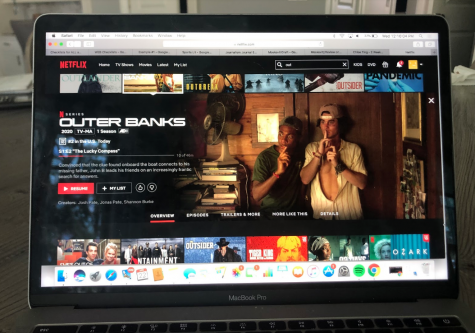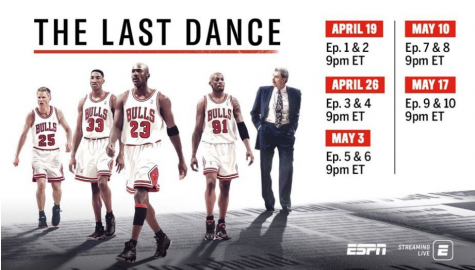“Booksmart” refreshes, expands coming-of-age genre
Once you’ve watched enough coming-of-age comedies, the expectations of the genre are clear. Take a couple of loveable misfit best friends. Give them a high stakes goal, usually based on alcohol or sex, and throw them out of their comfort zones and into a house party. Add in a couple of eye-candy love interests, an aggressively silly sidekick, and a gross-out scene or two. The raunchier the better. Rinse. Repeat.
“Booksmart”, Olivia Wilde’s directorial debut, doesn’t necessarily subvert this formula, but rather gives it a burst of new life. It manages to be both familiar and refreshing, borrowing from the hallmarks of the teen raunch-com without feeling overdone.
The film follows Molly and Amy, best friends since the beginning of their high-powered academic careers, on their last day of high school (sound familiar yet?). Placed firmly at the top of her class and en route to Yale, Molly firmly believes she and Amy are better than everyone else. Molly and Amy churn out good grades and resumes like a well oiled machine wearing ‘Vote for Hillary’ t-shirts and Birkenstocks.
“Booksmart” picks up when Molly learns that the students she had believed to be only slackers, stoners and sluts are in reality on the same academic trajectory as she and Amy. They’re getting the same grades, taking the same classes and getting into the same schools as Molly, while somehow managing to have fun doing it. This revelation sends the two girls onto a feverish quest to catch up to their peers. The comically inexperienced pair foray into an unknown world of sex, drugs and, with much trepidation, their peers.
“Booksmart” owes its strength to the dynamic relationship between its two main characters. Molly, played by the incomparable Beanie Feldstein, is fueled by feminist texts and motivational speeches. She’s sharp, strong and fully intends to become the youngest sitting member of the Supreme Court. Amy, played by endearing up-and-comer Kaitlyn Dever, is the more chilled of the two (though not by much) – she commissions an ‘all-gender’ bathroom for the school, plans to go to Africa over the summer to help impoverished girls make tampons and hopelessly crushes on skater-girl Ryan. Together, the two form a self-contained unit of comedy and heart.
While watching the movie, it was hard to ignore how real and familiar their friendship felt. At points it felt like Wilde had picked through my interactions with my girl friends and placed them directly in the movie. Amy and Molly’s sincere and hilarious compliment battles, embarrassing late-night conversations and impromptu dance battles show the side of female friendships that many rarely get to see from the outside looking in. Dever and Feldstein nailed this friendship down to a tee, exhibiting all of the comfort, joy and unapologetic goofiness that is all too rare in film.
The role of love and romance in “Booksmart” also sets it apart from its coming-of-age counterparts. Most notably, the film features not one, not two, but four gay main characters, including Amy herself. Though it certainly isn’t the first mainstream comedy to feature a gay lead (“Love, Simon” topped box offices in 2018), it does so with grace. Amy’s sexuality isn’t the main focus of the movie, and there’s no doubt in the viewers mind that she’s supported by both family and friends alike. I’ve scoured dozens of movies across dozens of genres to find an accurate portrayal of being a queer teen and none of felt so realistic and grounded as Dever’s Amy.
At its core, “Booksmart” is both bitingly funny and gloriously smart. It manages to touch on issues untrodden in comedy without forsaking a moment of laughter. Ultimately, the film does what its main characters cannot. “Booksmart” both works hard and plays hard, and the effort pays off in full. 4.5/5.



























































